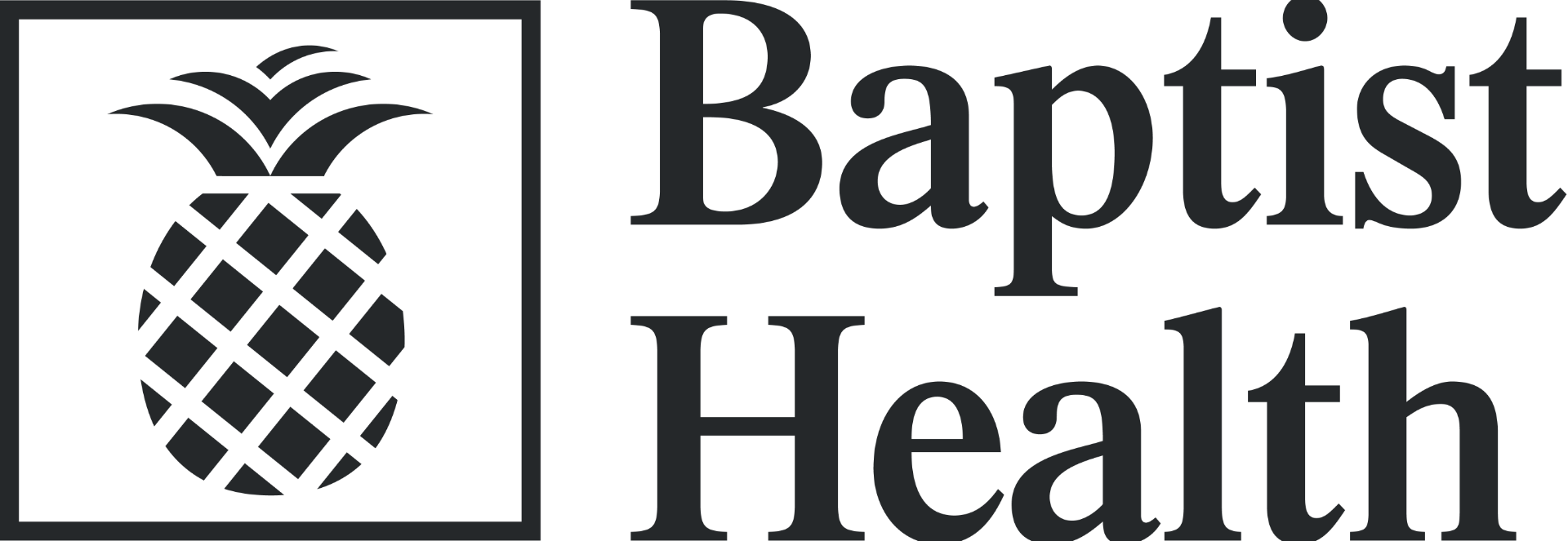- Advertise
- About OncLive
- Editorial Board
- MJH Life Sciences brands
- Contact Us
- Privacy
- Terms & Conditions
- Do Not Sell My Information
2 Clarke Drive
Suite 100
Cranbury, NJ 08512
© 2025 MJH Life Sciences™ and OncLive - Clinical Oncology News, Cancer Expert Insights. All rights reserved.
Dr. Perez Perez on Results From a Retrospective Study of Polatuzumab Regimens in R/R LBCL
Ariel Perez Perez, MD, discusses key results and clinical implications from a retrospective study of polatuzumab-vedotin plus rituximab with or without bendamustine in relapsed/refractory large B-cell lymphomas.
Ariel Perez Perez, MD, hematologist, medical oncologist, Miami Cancer Institute, discusses key results and clinical implications from a retrospective study of polatuzumab-vedotin (Polivy) plus rituximab (Rituxan) with or without bendamustine in relapsed/refractory large B-cell lymphomas (LBCL).
The CD79 antibody-drug conjugate, polatuzumab vedotin, was approved in combination with bendamustine and rituximab for patients with relapsed or refractory LBCL who have received at least 2 prior lines of therapy. The approval was based on findings from a phase 1b/2 study (NCT02257567).
This retrospective study investigated the real-world application of polatuzumab vedotin and rituximab with or without bendamustine as a stand-alone treatment or bridge to cellular therapy, Perez Perez begins. Moreover, the study also assessed whether failure to frontline chemoimmunotherapy was associated with a subsequent response to this regimen in the patient population.
Patients received the investigator's choice of the triplet or doublet regimen. Objective response rate (ORR) and complete response (CR) were evaluated in patients with primary refractory LBCL vs relapsed LBCL. Additionally, the Kaplan-Meier method was used to evaluate progression-free survival (PFS) and overall survival (OS).
Response rates were higher in patients who recieved the triplet regimen vs the doublet, Perez Perez says. However, previous data showed that bendamustine can negatively impact outcomes in patients who undergo standard second-line treatment with CD19-targeted therapy. Accordingly, bendamustine is not recommended in patients who require the regimen as a bridge to subsequent CAR T-cell therapy, Perez Perez explains.
Notably, a subset of patients receiving the triplet achieved CRs and were successfully bridged to autologous stem cell transplant, he says.
These findings indicate that polatuzumab vedotin in combination with bendamustine and rituximab is an effective regimen in the community setting where patients may require holding therapy, Perez Perez concludes.
Dr. Perez Perez reports serving as a consultant or in an advisory role for Jazz Pharmaceuticals, Seagen, Celgene, Kyowa Kirin, TG Therapeutics, GlaxoSmithKline, ADC Therapeutics, Gilead, BeiGene, Novartis, Bristol-Meyers Squibb, Morphosis; he reports receiving research funding from Bristol-Meyers Squibb, ADC Therapeutics, BeiGene, Morphosis.


